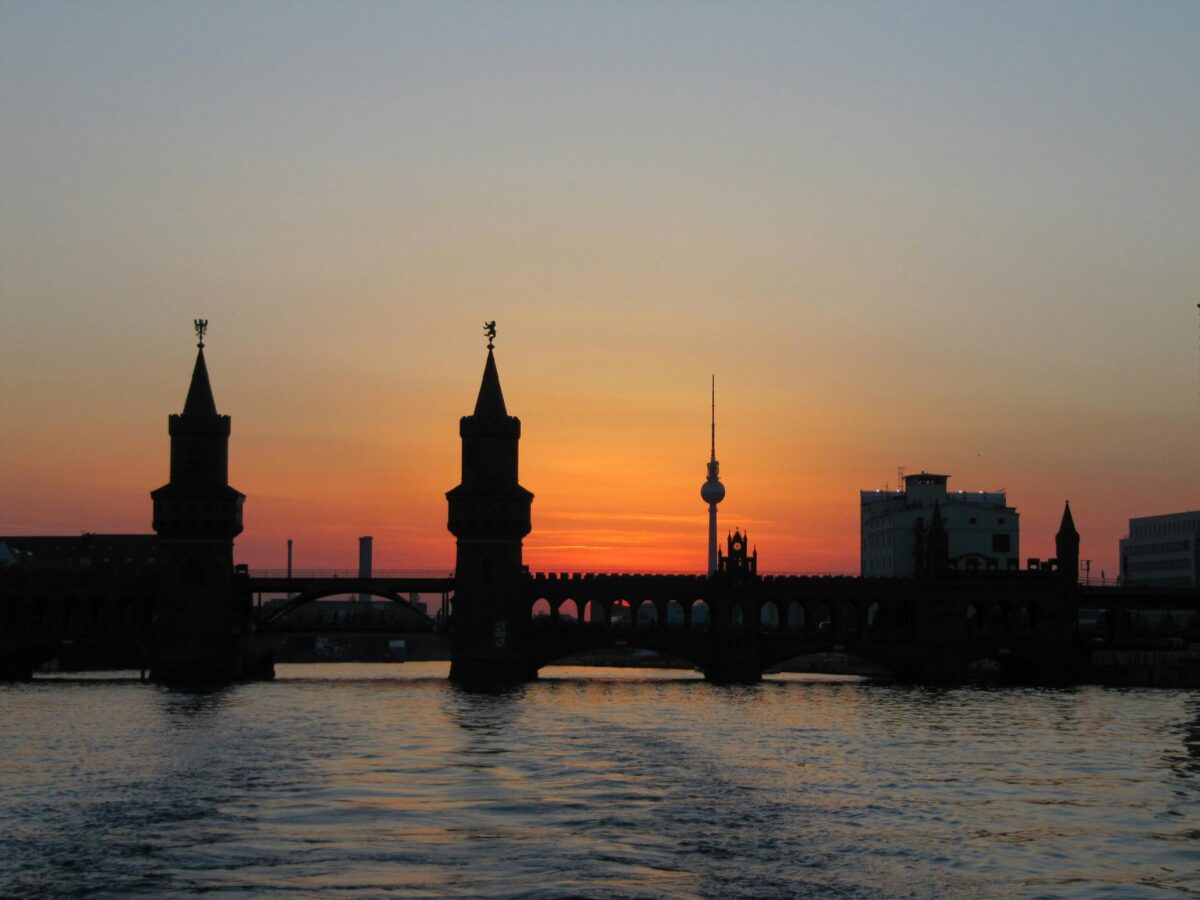Back in the very old days, man knew nature around them, but knew very little of it.
For example, man may surely have noticed lightning in the sky, and perhaps knew already very early on, best to not be at the impact-spot of its “wrath”. But one couldn’t really tell more about it, than what was at hand from impression, interpretation, and imagination – let alone, when language was very rudimentary.
As days and even centuries went by, man became more familiar with matters, and deepened their understanding of nature. This may have begun with something like: “Over there, Green.”, to naming it trees, and bushes, and grass, and a bird with green feathers, and calling a large group of trees a forest. And man likely also noticed that some trees look more alike to each other, than other trees, and so on.
Aside from languages developing in part independently, basic mathematics started arguably also very early on. Like: “If I want to bring every family member an apple, how many apples do I need?”
By the time man started building things like the Pyramid of Djoser, almost 30 000 years ago now, man clearly had some notion of things, and organization. This then went further, such as from what we know these days about the older days, with the city of Uruk in Mesopotamia about 7000 years ago, with urban development, pointing out an understanding i.e. of geometrics, which can also be found from thousands of years ago e.g. in China, India, or Latin America.
And before you knew it, man was looking at things even with microscopes and whatnot – and look at us now. Humankind sure has come a long way.
What doesn’t seem to have changed much through all this though, is the nature of man. In particular, how man perceives the world. Like, a baby these days, it still starts out with perceiving things as “Green, over there.”. But, as it learns the shared knowledge of man, it is quick to call it: “Trees and bushes and stuff.”, as i.e. mommy and/or daddy does. And curious about things, the child may even start speaking in foreign tongues, such as saying: “Alnus glutinosa – or commonly known in part as European alder or as common alder.” – something the child may have learned directly from the parents, or a book, or i.e. from an uncle, who prefers to be more around trees than around cars.
In contrast to that, a child, which has never even seen a tree close up before, and gets told that a tree over there is a monster, coming to get and eat the child, such child would perceive an ordinary European alder, very differently, with wild imagination at such young age, possibly even to an extent of developing a phobia or even trauma.
By all of which I mean to point out, that while billions of us sure share the same reality, the perception of things may vary in up to so many ways, as there are minds perceiving.



